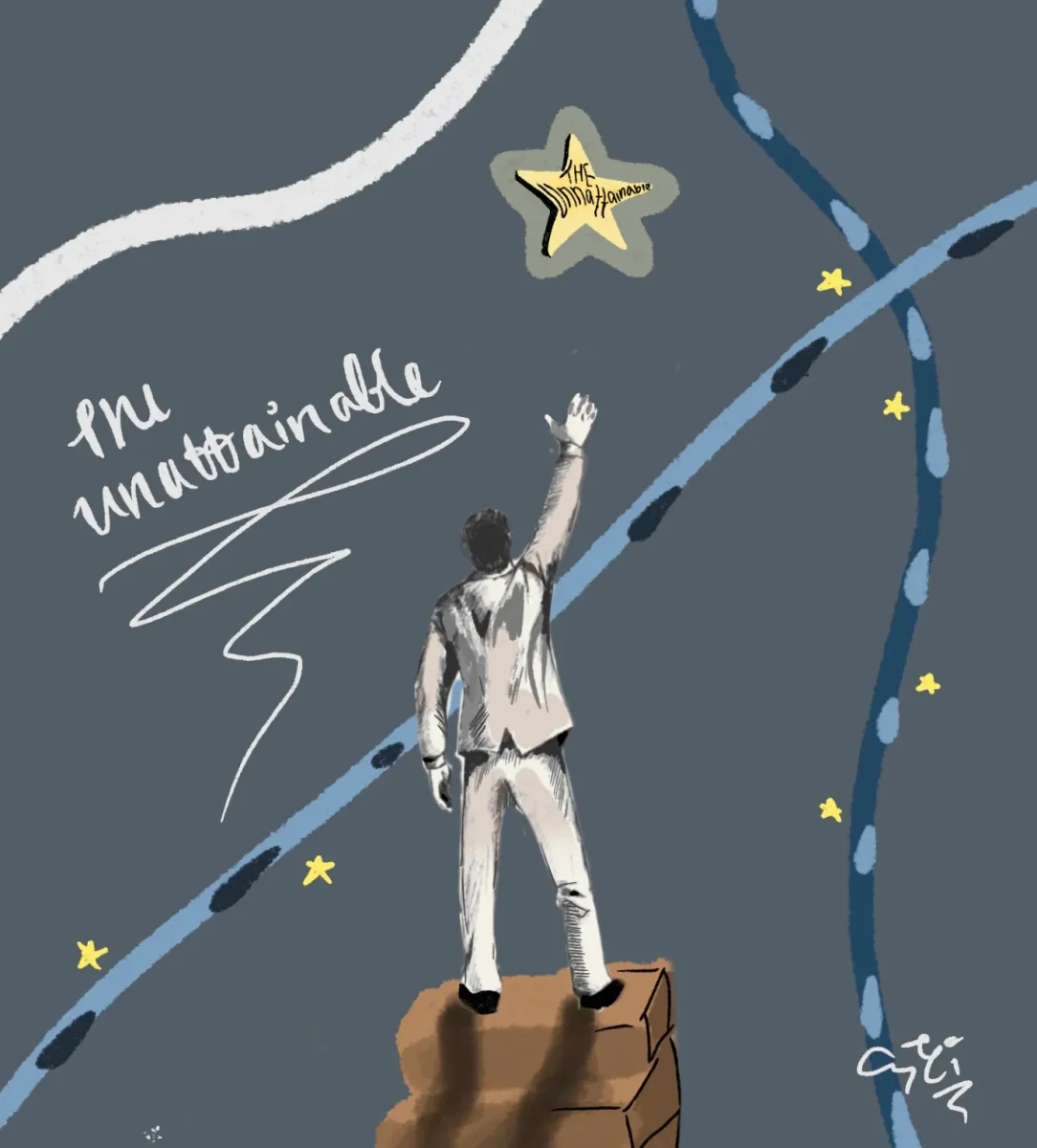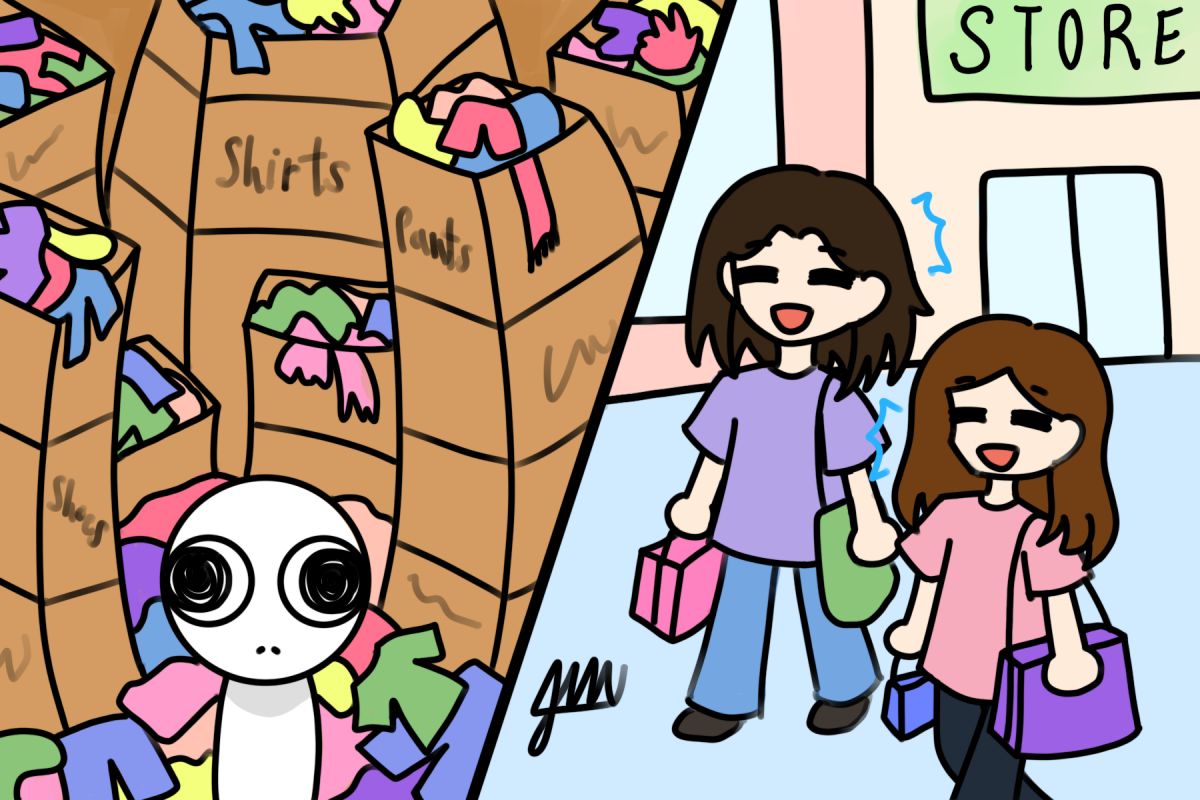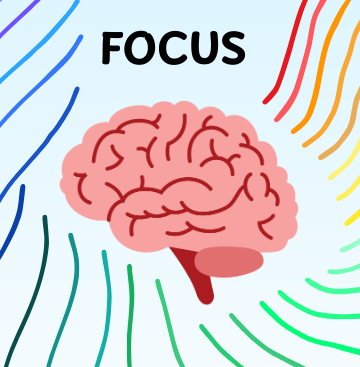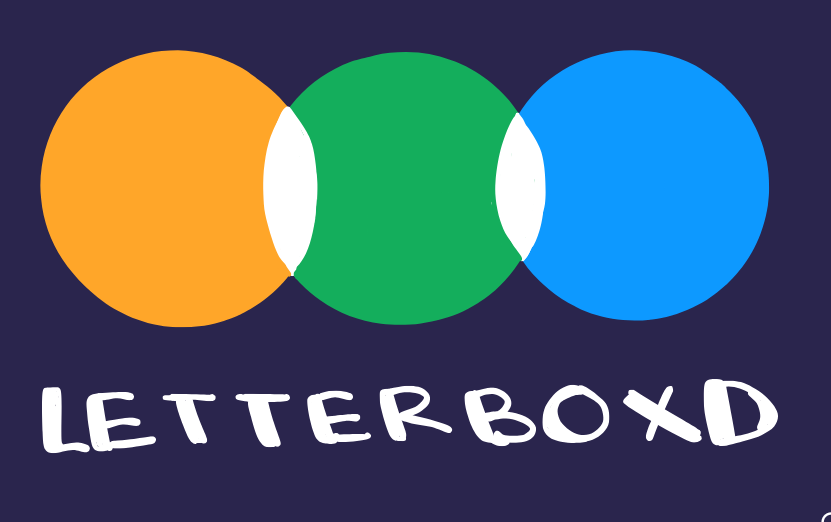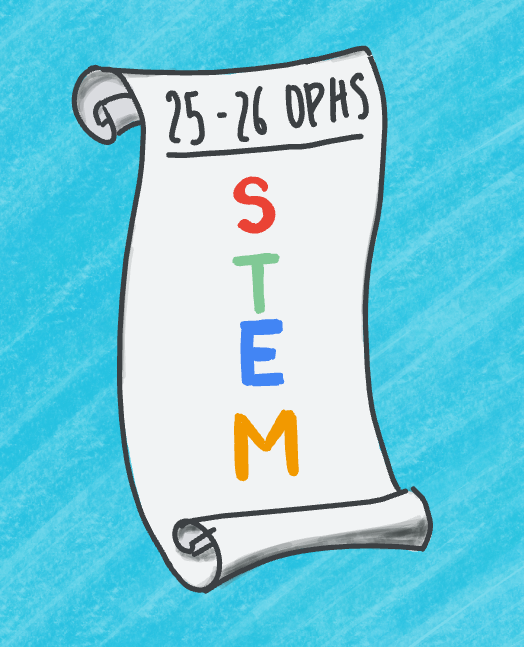When social media is dominated by post after post of people living their best lives, it’s easy to get lost in how others are spending their time off. Often it feels like someone is waking up at 5 a.m. to go to the gym, someone else is spearheading their own volunteer program, and another is already planning for next summer. Being away from school makes it much easier to imagine that our peers are getting a head start, and that we’re falling behind.
This is a phenomenon known as productivity guilt, where an individual feels shame or anxiety over using their free time for anything other than work. In almost all cases, the individual is doing a completely sufficient amount of work and deserves to take a mental break. However, it’s not always easy to feel that way.
As summer vacation lacks the repetition and structure of a regular school week, you may feel the need to justify how you spend your free time. It’s difficult not to feel like you should be taking advantage of your time off, especially with a never-ending stream of achievements and activities flooding social media.
In the working world, this is often fueled by a pressure to prioritize work and constantly make a profit. A capitalist economy only functions if workers are productive, meaning that income is often tied to ‘value’. This can be easily translated into a high school setting, where students are competing with each other for college acceptances and ‘value’ represented by a few letters of the alphabet.
This means that summer, a period of multiple months where we’re able to rest, starts to feel like a waste of time. Thus, the cycle of productivity guilt begins. So, how do we beat it?
Most importantly, it’s essential to separate being busy from being productive. Forcing yourself to participate in activity after activity is a quick and easy way to get burnt out, causing stress to pile up and motivation to shoot down.
“We often assume that productivity means getting more things done each day. Wrong. Productivity is getting important things done consistently,” wrote productivity writer James Clear on his website, jamesclear.com.
Rest is just as important as work, and taking a break goes hand in hand with productivity.
It’s crucial to know what you want to get done before you start. In truth, there will always be something more you could do. As a result, without a clear objective in mind, it becomes hard to tell if you’ve made progress or not. However, by setting clear and achievable short-term goals for yourself, you allow yourself to experience the satisfaction of feeling productive.
Acknowledging the work that you are doing is just as important as acknowledging the work that you aren’t. Productivity guilt is built on the idea that you aren’t doing enough, so it can be beaten by simply knowing that you are.
Finally, in order to conquer productivity guilt, it is vital to separate what we see on social media from reality.
“A virtual life is shiny and bright. It’s where you post your prettiest pictures and tell all your best news. Yet, suddenly, in the half-light of virtual community, we may feel utterly alone,” wrote MIT professor Sherry Turkle, Ph.D, in her novel “Alone Together: Why We Expect More from Technology and Less From Each Other.”
The stories and posts we see from our friends, classmates, and peers are not representative of reality, and it’s incredibly harmful to ourselves if we don’t make that distinction. Social media is a haven for people to share their best moments. To avoid productivity guilt, it’s incredibly important to treat it that way.
Summer vacation is meant as a time for students to reset after a busy school year and a hectic finals week. While it may come with work attached for some, it’s necessary to treat it as a mental rest as well.
When everyone is off doing their own thing, it’s almost natural to assume that they’re building up a headstart for themselves; such is the trap of productivity guilt. Don’t worry, you’re not falling behind. You’re just taking a well-deserved break.




